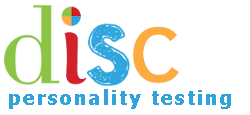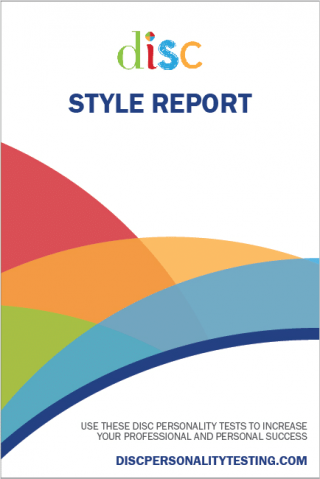One of the most frequently asked questions we get goes something like this: “DISC, D-I-S-C am I only one of these things? Can I be more than one of these styles?”
And, the answer is: Yes.
Here’s a key point:
The DISC model describes patterns of behavior. It doesn’t describe people.
In addition to a primary style, most people will use one or two of the other three styles, and we call those secondary styles.
When you use a DISC assessment to find a person’s style, you’ll see that any one trait is rarely a full description of anyone.
Each of us is really represented by a blending the four DISC traits and not by just one of them.
People often ask this question because they’re a little bit disturbed or freaked out by being labeled simply as D, I, S, or C. Most people look at the four style descriptions and think: “I’m more complex than a single letter.”
And, of course yes that’s true.
One of the challenges we see with how people discuss the model is that people seldom say: “What is your primary style?”
After taking the DISC assessment, you’ll generally hear people say something like this: “What are you? Are you a D?”
Even when we teach it ourselves, we sometimes get lazy or sloppy with our speech and drifts into that terminology.
We hope that you’ll be really careful about that because that’s not really the whole story.
Please remember, you overall style is a blend of the four DISC styles. You probably have more than just a single style. You likely have a primary style and one or two secondary styles. You might shorthand your conversation and say “I’m an I” or “I’m an S.” And that’s just shorthand. You’re more than that, and so is everyone else.
The DISC model is not a perfect description of anyone. It’s good. It’s useful. It’s not perfect. It’s just a tool that helps you get a better picture of your traits and the traits of others so that you can simplify the huge complexity of human behavior and get quickly to a place where you can connect and communicate better.

